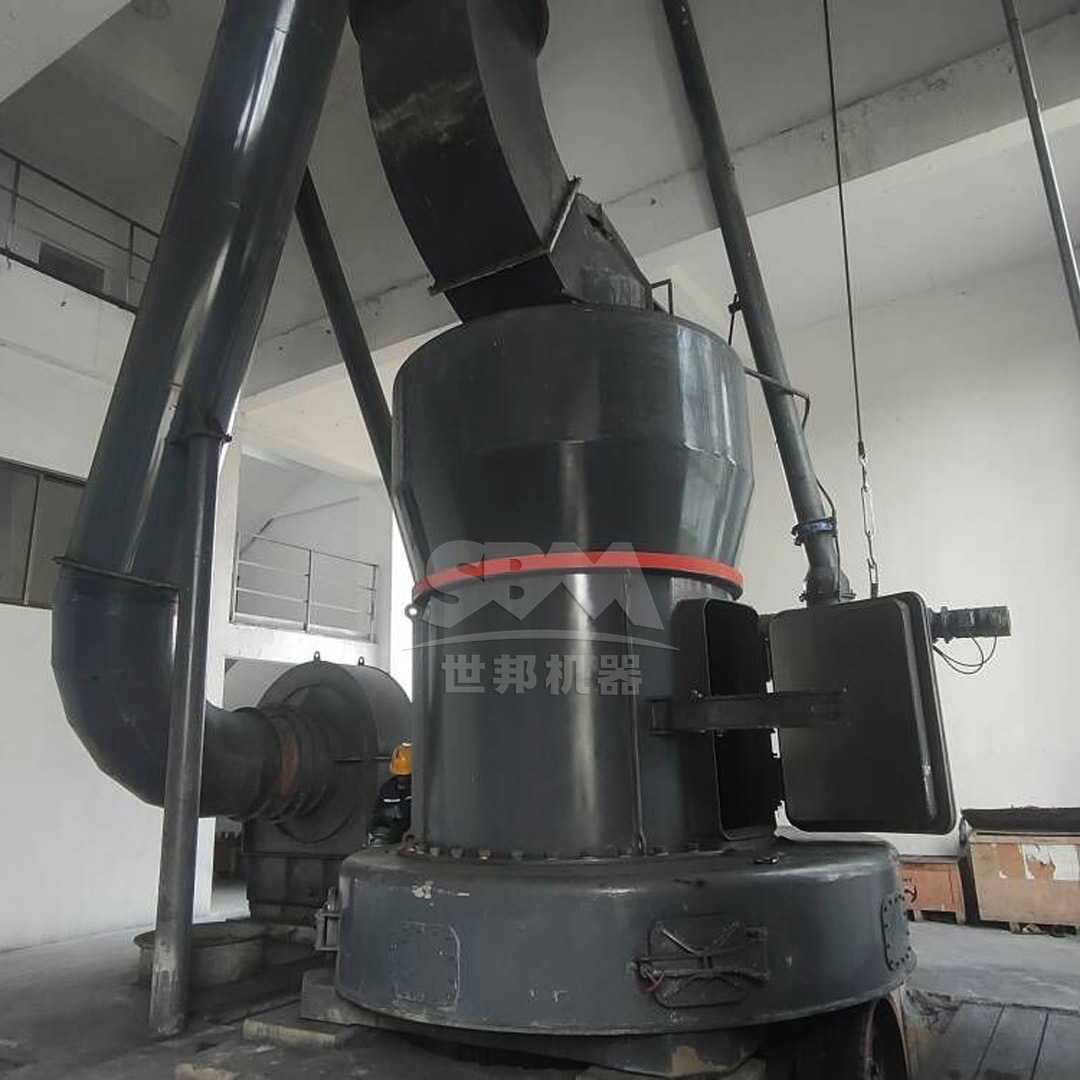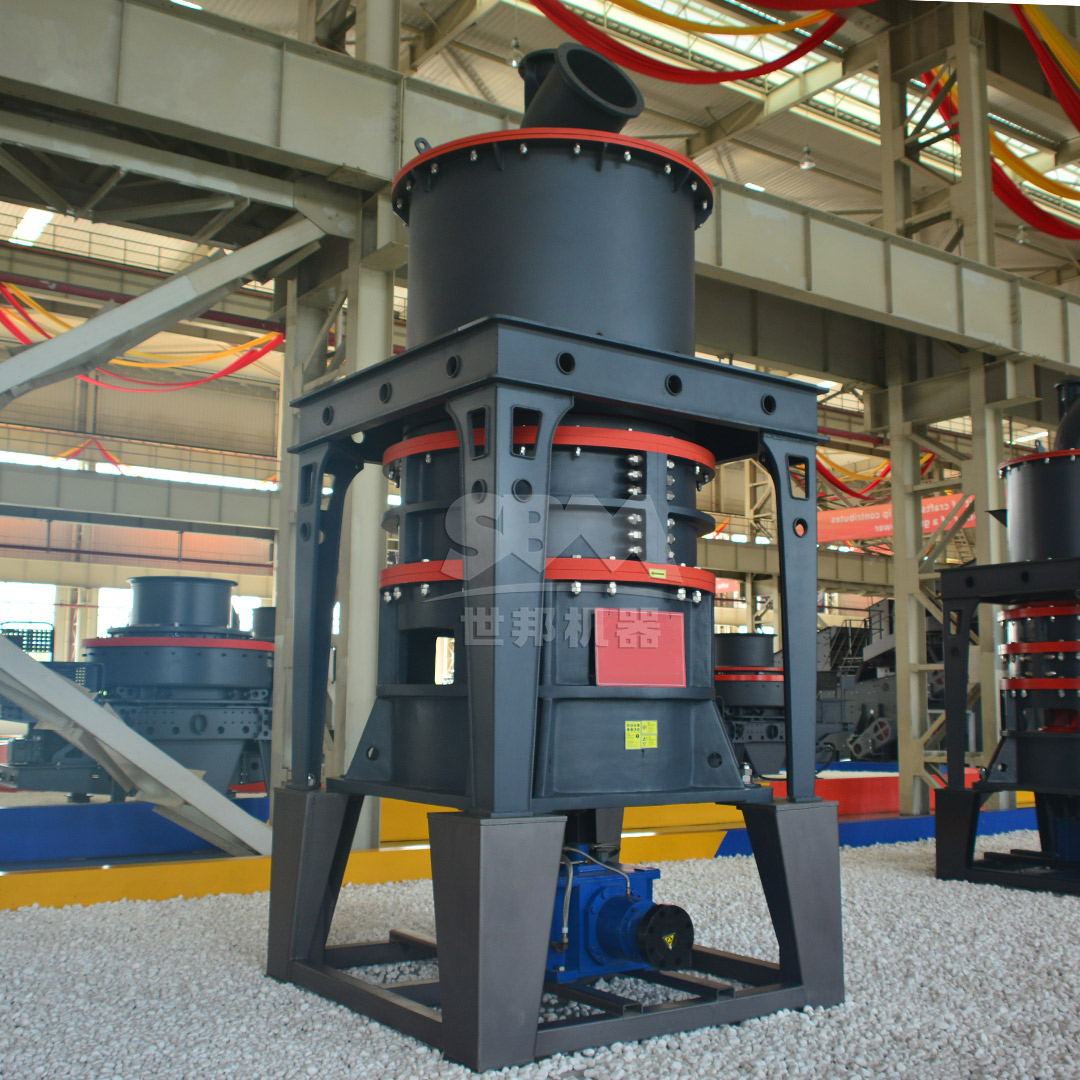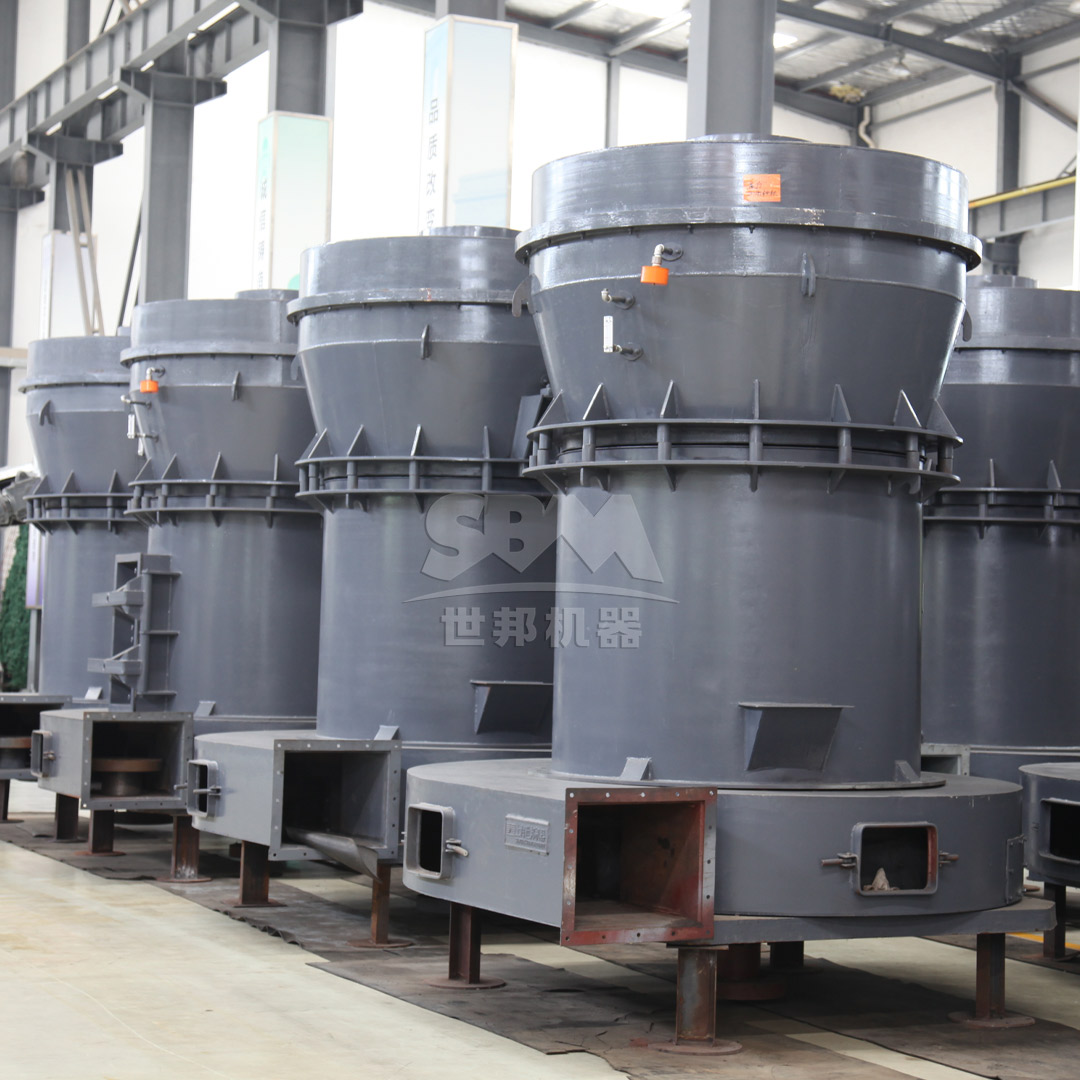Bentonite, a naturally occurring clay mineral primarily composed of montmorillonite, has gained significant importance in modern industrial applications due to its exceptional swelling properties, adsorption capacity, and chemical stability. When processed into fine powder, bentonite becomes a crucial component in waterproofing systems, thermal insulation materials, and various other industrial sectors. The quality of bentonite powder directly influences its performance in these applications, making the grinding process a critical factor in determining the final product’s effectiveness.
The unique layered structure of montmorillonite allows bentonite to absorb water molecules between its layers, resulting in significant volume expansion. This characteristic makes it ideal for creating impermeable barriers in construction, landfill liners, and waterproofing membranes. Similarly, when used in thermal insulation, the fine bentonite powder creates a dense, air-trapping matrix that reduces heat transfer effectively.

Producing high-quality bentonite powder for waterproofing and thermal insulation requires careful consideration of several technical parameters. The grinding process must achieve specific particle size distributions, maintain the mineral’s crystalline structure, and ensure consistent product quality.
For waterproofing applications, bentonite powder typically requires a fineness range of 200-325 mesh (74-44μm). This specific particle size distribution ensures optimal swelling characteristics and uniform coverage when applied as a waterproofing barrier. Finer particles (below 325 mesh) are often necessary for specialized applications where maximum swelling capacity and rapid hydration are required.
Thermal insulation applications demand even finer particle sizes, often reaching 500-1250 mesh (25-10μm) or finer. The reduced particle size increases the surface area and enhances the material’s ability to trap air, thereby improving thermal resistance properties. The particle size distribution must be carefully controlled to achieve the desired balance between density and insulation performance.
The required production capacity for bentonite grinding varies significantly based on application scale. Small to medium construction projects may require production rates of 1-5 tons per hour, while large-scale industrial applications and manufacturing of commercial waterproofing products often demand capacities of 10-25 tons per hour or higher. The grinding system must maintain consistent output while accommodating variations in raw material characteristics.
| Application Type | Required Fineness (Mesh) | Typical Production Capacity (t/h) | Moisture Content (%) |
|---|---|---|---|
| Standard Waterproofing | 200-325 | 3-15 | ≤8 |
| Premium Waterproofing | 325-800 | 2-10 | ≤6 |
| Thermal Insulation | 500-1250 | 1-8 | ≤5 |
| Specialty Applications | 1250-2500 | 0.5-4 | ≤4 |
Based on the specific requirements of bentonite processing for waterproofing and thermal insulation applications, we recommend our advanced grinding equipment designed to handle the unique challenges of clay mineral processing.
Our SCM Ultrafine Mill represents the pinnacle of fine grinding technology, specifically engineered for materials requiring ultra-fine particle sizes and narrow size distribution. With an output fineness range of 325-2500 mesh (45-5μm), this mill is perfectly suited for producing premium-grade bentonite powder for high-performance thermal insulation and specialized waterproofing applications.
The SCM series incorporates several technological innovations that make it particularly suitable for bentonite processing. The vertical turbine classification system ensures precise particle size control, eliminating coarse particles that could compromise product performance. The intelligent control system automatically monitors and adjusts operational parameters to maintain consistent product quality, even with variations in raw material characteristics.
Key advantages of the SCM Ultrafine Mill for bentonite processing include:
| Model | Processing Capacity (t/h) | Main Motor Power (kW) | Feed Size (mm) | Output Fineness (mesh) |
|---|---|---|---|---|
| SCM800 | 0.5-4.5 | 75 | 0-20 | 325-2500 |
| SCM900 | 0.8-6.5 | 90 | 0-20 | 325-2500 |
| SCM1000 | 1.0-8.5 | 132 | 0-20 | 325-2500 |
| SCM1250 | 2.5-14 | 185 | 0-20 | 325-2500 |
| SCM1680 | 5.0-25 | 315 | 0-20 | 325-2500 |

For large-scale production of bentonite powder for standard waterproofing applications, our MTW Series Trapezium Mill offers an optimal balance of capacity, efficiency, and product quality. With an output fineness range of 30-325 mesh (600-45μm) and processing capacities from 3-45 tons per hour, this mill is ideal for manufacturers requiring high-volume production of consistent-quality bentonite powder.
The MTW series incorporates several design innovations specifically beneficial for bentonite processing. The curved air channel design minimizes airflow resistance and energy consumption while improving material transport efficiency. The combined shovel blade design reduces maintenance costs and extends the service life of grinding components, which is particularly important when processing abrasive materials like bentonite.
Notable features of the MTW Series Trapezium Mill include:
The working principle involves the main motor driving grinding rollers to revolve around the central axis while rotating themselves to generate centrifugal force. Shovels throw materials between the grinding ring and rollers to form a material layer, achieving efficient crushing through extrusion, with the classification system precisely controlling final particle size.
Optimizing the grinding process for bentonite requires careful consideration of several factors beyond equipment selection. Proper moisture control, feed rate management, and classification parameters significantly impact final product quality and production efficiency.
Bentonite typically contains 10-15% natural moisture, which must be reduced to optimal levels before or during grinding. Excessive moisture can lead to clogging, reduced grinding efficiency, and inconsistent product quality. For most applications, the ideal moisture content during grinding ranges from 4-8%, depending on the required fineness and application.
Integrated drying systems within the grinding mill can efficiently reduce moisture content while simultaneously achieving the desired particle size. The MTW Series Trapezium Mill, for instance, can be equipped with hot air systems that utilize waste heat from other processes, further improving energy efficiency.
The performance of bentonite in waterproofing and thermal insulation applications depends not only on the average particle size but also on the complete size distribution. A narrow size distribution ensures consistent swelling behavior in waterproofing applications and uniform thermal properties in insulation materials.
Advanced classification systems in both the SCM Ultrafine Mill and MTW Trapezium Mill allow precise control over the particle size distribution. By adjusting classifier speed and airflow parameters, operators can fine-tune the product characteristics to meet specific application requirements.

Ensuring consistent quality of bentonite powder requires comprehensive testing and quality control measures throughout the grinding process. Key parameters that must be monitored include particle size distribution, swelling index, viscosity, and moisture content.
Regular sampling and analysis help maintain product consistency and identify potential issues before they affect final product performance. Both recommended grinding systems incorporate automated monitoring systems that track operational parameters and can alert operators to deviations from target specifications.
Before selecting a grinding system for bentonite processing, it’s essential to conduct performance tests with representative samples of the raw material. We offer comprehensive testing services using our laboratory-scale equipment to determine the optimal grinding parameters and predict full-scale performance.
These tests evaluate grinding efficiency, energy consumption, product quality, and equipment wear characteristics, providing valuable data for making informed decisions about equipment selection and process optimization.
Selecting the appropriate grinding equipment is crucial for producing high-quality bentonite powder that meets the stringent requirements of waterproofing and thermal insulation applications. Our SCM Ultrafine Mill and MTW Series Trapezium Mill offer complementary solutions for different production scales and quality requirements.
The SCM Ultrafine Mill excels in applications requiring ultra-fine particles and tight size distributions, making it ideal for premium waterproofing products and high-performance thermal insulation materials. Meanwhile, the MTW Series Trapezium Mill provides an efficient, high-capacity solution for standard-grade bentonite powder production.
Both systems incorporate advanced technologies that ensure energy efficiency, operational reliability, and consistent product quality. By understanding the specific requirements of your bentonite processing operation, we can help select and optimize the most appropriate grinding solution to maximize productivity and product performance.